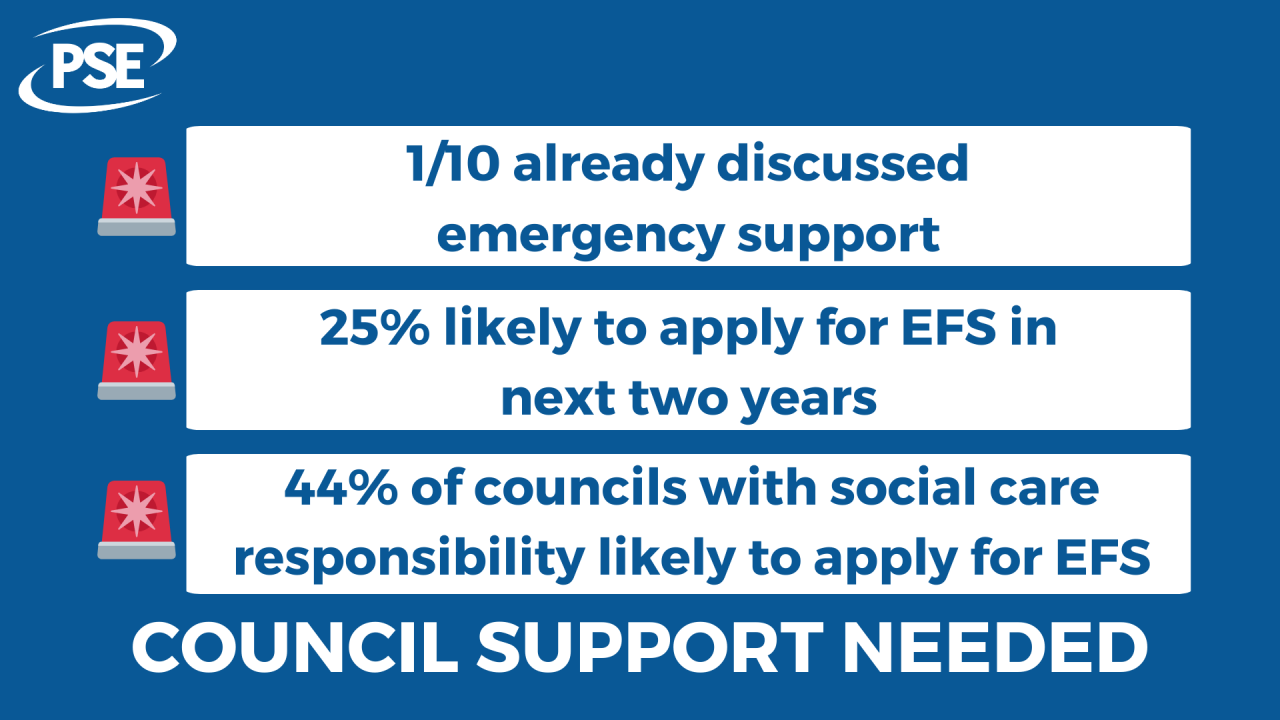According to a new survey, one in four councils are likely to need to apply for an emergency government bailout in the next two financial years.
This discovery brings a call for the government to use next week’s Autumn Budget to stabilise council finances and avoid more damage being done to local public services. Whilst this support would include adequate government funding to ensure that councils can sustain services, the Local Government Association has outlined its intention to work with the government to make sure that multi-year funding settlements are given to councils.
During this financial year, an ‘unprecedented’ 18 councils were given Exceptional Financial Support from the government so that they could meet their legal duty to balance budgets. Through this, they were given permission to us capital funds raised through borrowing, or the sale of assets such as land and buildings to bridge gaps in funding. The LGA has, however, outlined how this is not sustainable in the long-term as it could pile more debt onto councils that are already struggling.
Despite this worry, the LGA survey found that the number of councils that are moving closer to the rink of needing EFS is growing. The survey discovered that:
- Around one in ten councils have already discussed the possibility of requesting EFS this year
- 25% of councils are likely to apply for EFS in the next two years without additional government support
- 44% of councils with social care responsibilities are likely to apply for EFS in the next two years

As well as the possibility of requesting emergency government support, a number of councils have outlined the cutbacks that would be required. Almost eight in ten have identified the cutting back of services for disabled adults and older people, whilst two thirds said that parks, green spaces and sport services will also be impacted by cuts.
Local Government Chair Cllr Louise Gittins said:
“Councils are the backbone of communities. Every day they strive to protect vulnerable children and families, support our older or disabled loved ones to live independent lives, keep our streets clean and pothole-free and build affordable homes but this is becoming increasingly difficult.
“The unprecedented emergency support given to councils this year reveals the extraordinary funding emergency facing local government. As our survey shows, many more councils are being pushed into a precarious financial position.
“This is not just about numbers on a spreadsheet. Budget cuts needed to plug growing funding gaps will affect the most vulnerable members of society and the services our communities rely on every day.
“The Autumn Budget must provide councils with the financial stability they need to protect the services our communities rely on every day.”
Image credit: iStock



















